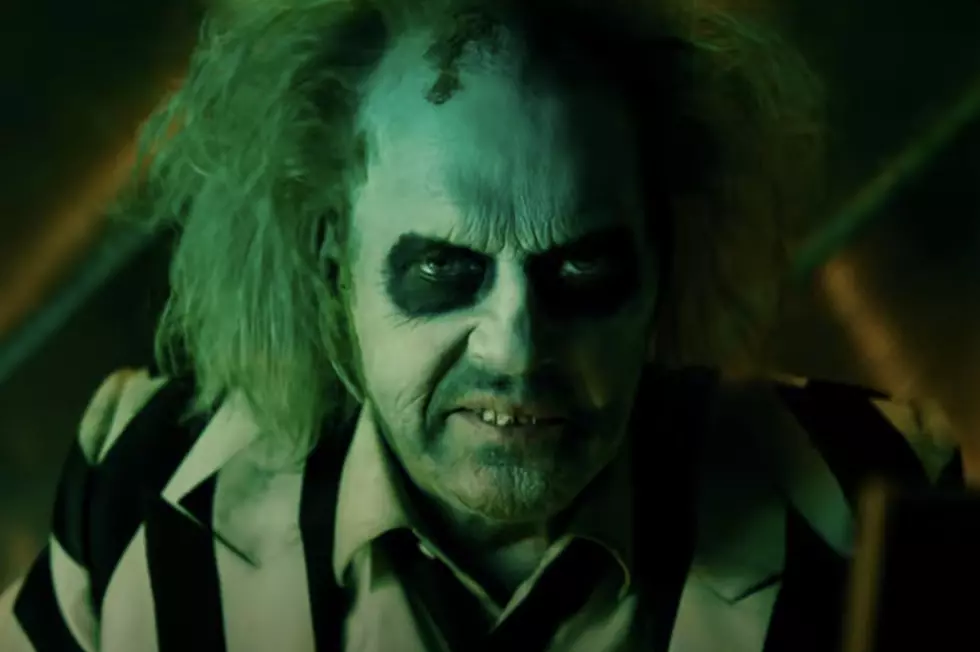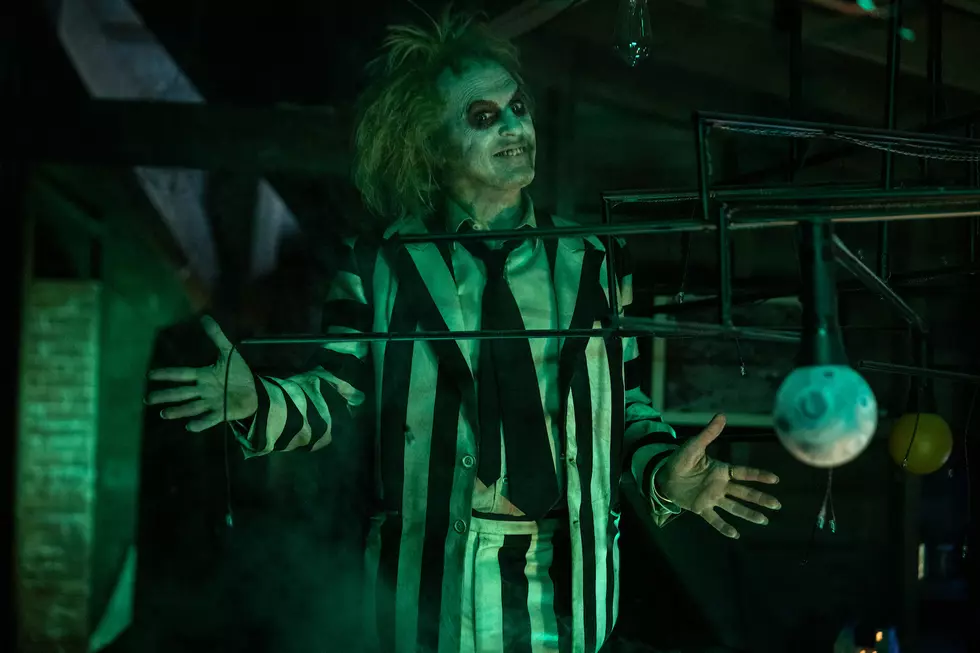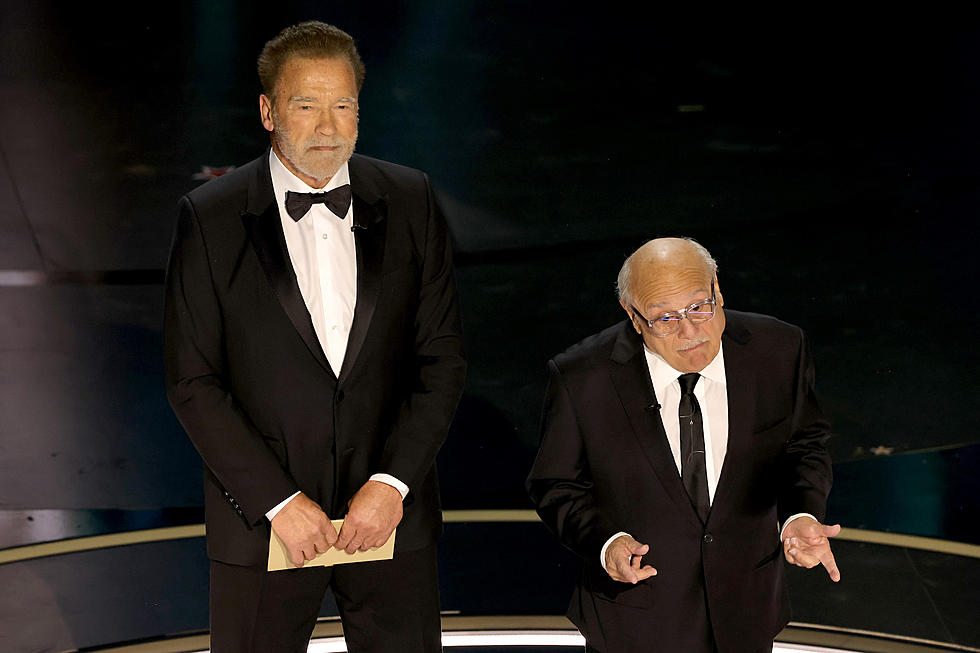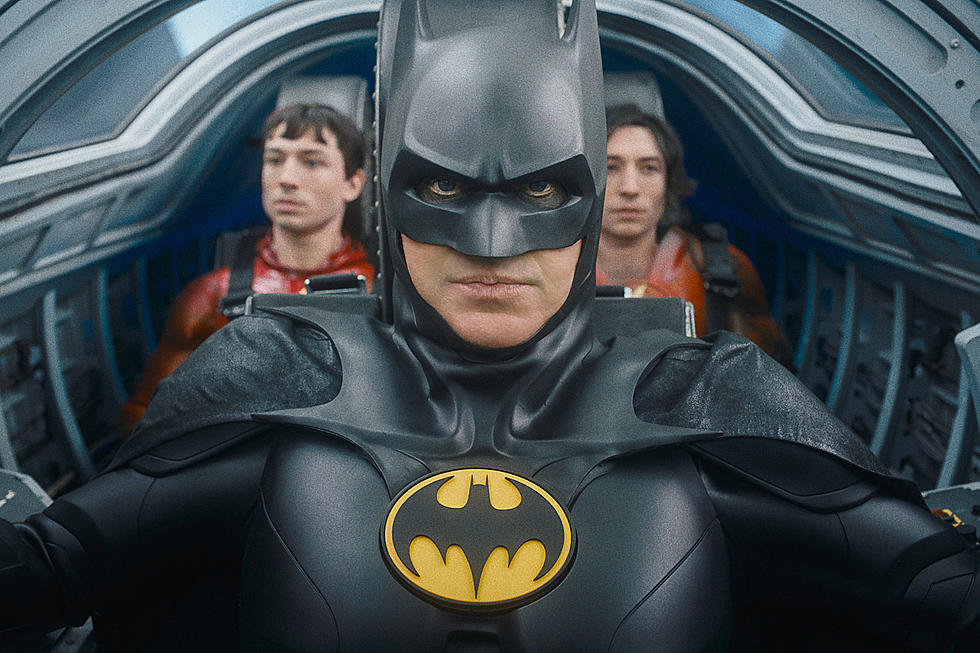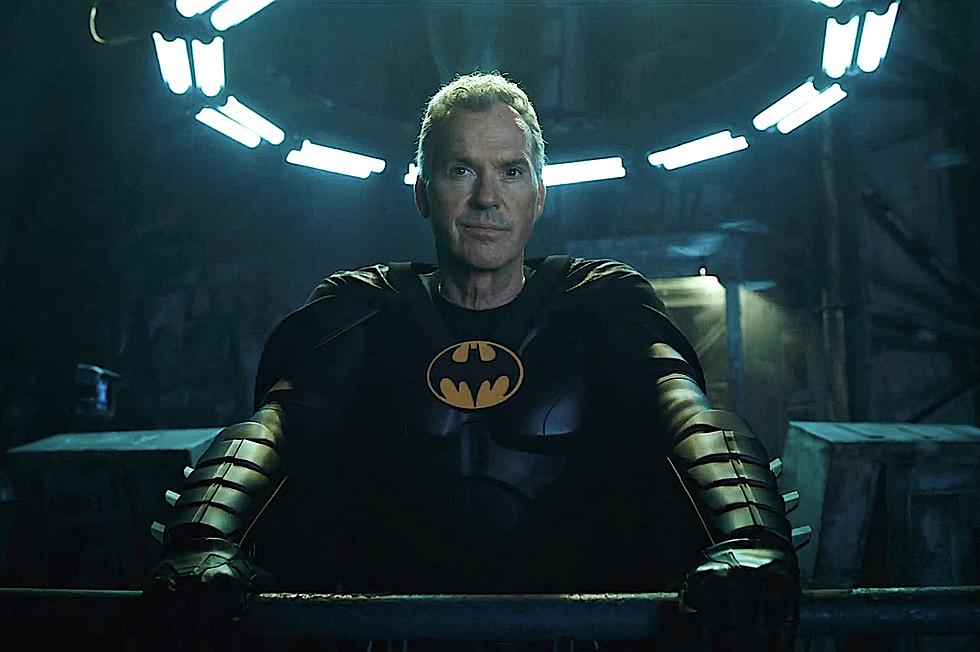
‘The Founder’ Review: Bah Dah Bah Bah Bahhhh, I’m Not Lovin’ It
A meal at McDonald calls to mind words like “processed,” “synthetic,” “safe,” and “familiar.” The Founder, the story of the man who transformed McDonald’s from a regional burger chain into a fast-food juggernaut, is not a particularly compelling biopic, but it’s not a bad cinematic translation of what it feels like to eat at Mickey D’s. Every beat comes straight out of the great-but-complicated man movie biography playbook. Each element seems selected to fulfill the audience’s expectations for this kind of film. In one scene, the title character screams at a franchisee for deviating from the company’s strictly mandated list of burger toppings: two pickles, a sprinkle of onions, and a squirt of ketchup and mustard. This particular owner dared to break the rules and put lettuce on their burger. Lettuce! The Founder is a movie with no lettuce.
The man at its center is not named McDonald. Instead, the protagonist is Ray Kroc (Michael Keaton), a classic sort of American figure: The eternal striver who’s never grabbed the brass ring that’s remained just out of reach. Kroc’s life as the film begins is a history of get-rich-quick schemes that have taken their sweet time leaving him almost broke. His wife Ethel (Laura Dern) is getting fed up with his outlandish dreams and constant travel. Kroc’s current gig involves selling machines that can make several milkshakes simultaneously, but nobody’s buying — except for a wildly profitable burger stand in San Bernadino, California called McDonald’s that wants six of them. Kroc can’t conceive of a place that could need to make 30 milkshakes at once, so he hops on Route 66 and heads west to see the place for himself.
What he feels when he arrives at McDonald’s is something like love at first sight. The burger joint’s sibling owners — genial Mac (John Caroll Lynch) and solemn Dick (Nick Offerman) — give him a tour of the kitchen, which they’ve honed to a marvel of efficiency that can deliver an order of burgers, fries, and soft drink in 30 seconds or less. Over dinner later, Mac and Dick tell Kroc their story; how they rose from truck drivers in the film business to struggling drive-in owners who then reimagined their entire business around speed and family-friendly atmosphere. These sequences, giddy with the thrill of ingenuity and creativity, are the best in the entire film.
Kroc thinks the McDonald brothers’ golden arches are an untapped gold mine, and he browbeats them into a job as their head of franchising. But the McDonalds stymie Kroc at every turn, rejecting any idea he proposes that deviates from their time-tested formula or tries to swap quality for a few extra bucks in profit. That sets up a power struggle for control of the company: the actual McDonald’s founders versus the guy who founded “McDonald’s,” the most successful restaurant chain in the world. Unless you’ve spent the last 50 years inside a fallout shelter, you already know who wins.
The hook, despite the obvious ending, should be the battle of wills between the two sides, and perhaps a deep dive into the mind of an unscrupulous businessman. But The Founder, directed by John Lee Hancock (The Blind Side, Saving Mr. Banks) has almost no interest in Kroc’s inner life. As presented onscreen, his only belief is in the value of persistence — and The Founder barely seems to have an opinion about Kroc’s scorched-earth tactics. The guy steals a family business out from under its creators and the movie mostly treats it with a shrug. (It’s hard to believe Robert Siegel, the guy who made his reputation with dark character studies like The Wrestler and Big Fan, wrote The Founder’s screenplay, which displays none of the psychological complexity of his earlier work.)
After a string of career-revitalizing performances (The Keavival? The Keatopia?), Keaton’s work as Kroc is a disappointment. He just strikes the same note of snake-oil charm over and over, and his scenes with Dern are perfunctory at best. (When history records the definitive list of great actresses wasted in thankless supporting biopic roles, Dern will be at or near the top.) Keaton’s Midwestern accent keeps fluctuating from scene to scene too; at times it’s barely present, and at others it’s so thick he sounds like he’s auditioning to become a new member of Bill Swerski’s Superfans. He anchored back-to-back Best Picture Oscar winners, but Keaton’s hot streak stops here.
The strongest acting in the film belongs to Offerman, who’s perfectly cast as the uptight half of the McDonald duo. Lynch is good too as the perpetual peacemaker of the trio. Unfortunately, as Kroc marginalizes the brothers from their own company, Hancock pushes them aside in The Founder, until the story becomes a string of moves in a very one-sided financial chess game. After the reasonably interesting first third, the movie starts regurgitating a series of historical incidents it might as well have taken from Wikipedia. (Actually, you’d learn more from Wikipedia than this movie, particularly about Kroc’s romantic history, including the second of his three wives, which the film never mentions.)
And that’s the big takeaway from The Founder: This movie offers very few insights, and has no apparent point beyond mythologizing the early days of a company that doesn’t exactly need assistance in the self-mythologizing department. The Founder is such a chipper and wide-eyed look at McDonald’s origin, full of bright cinematography, gleaming retro cool burger joints, and upbeat music, that it almost qualifies as corporate propaganda.
More From ScreenCrush
